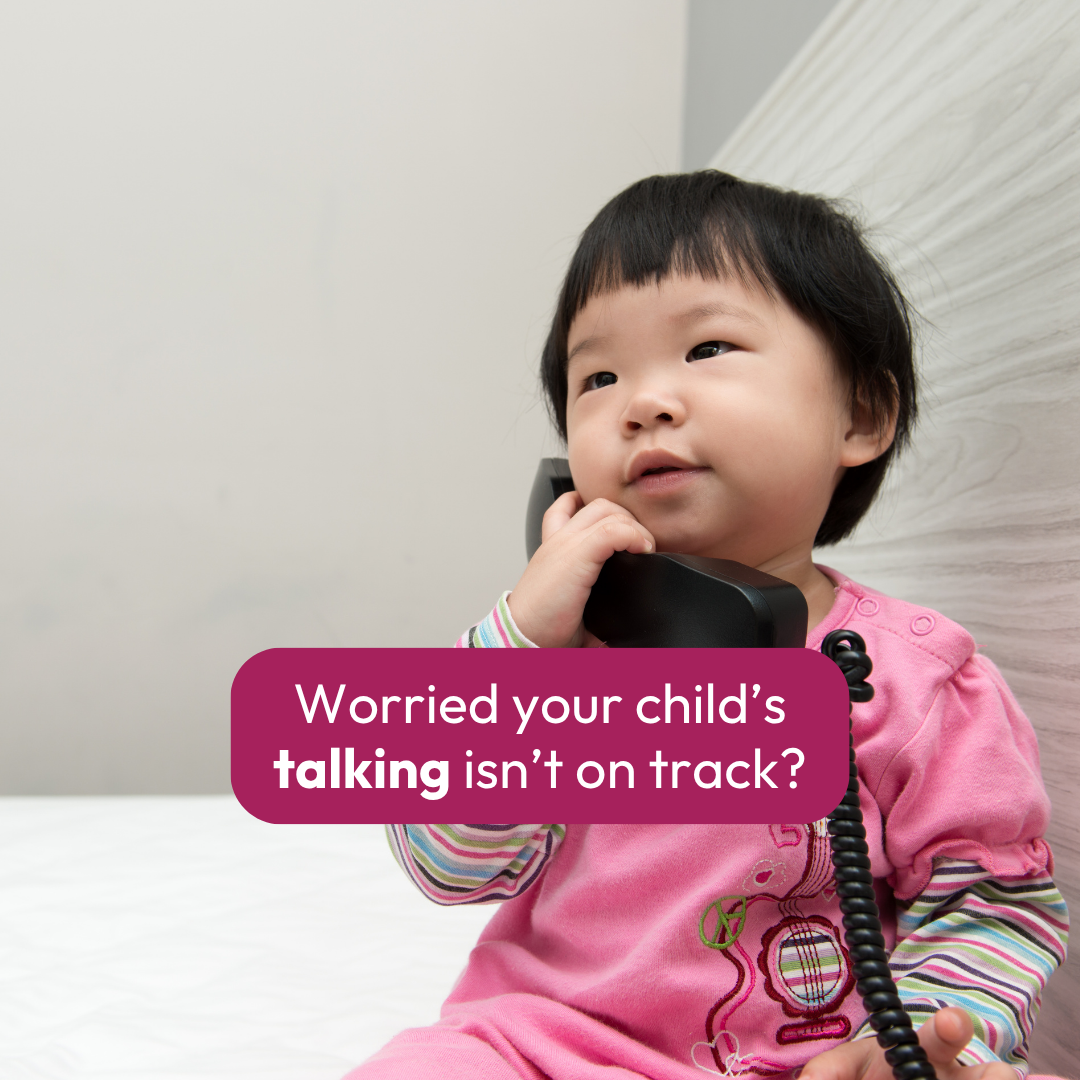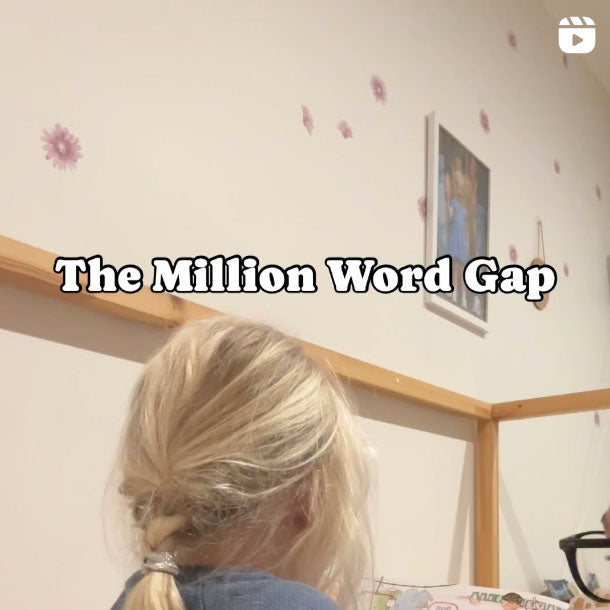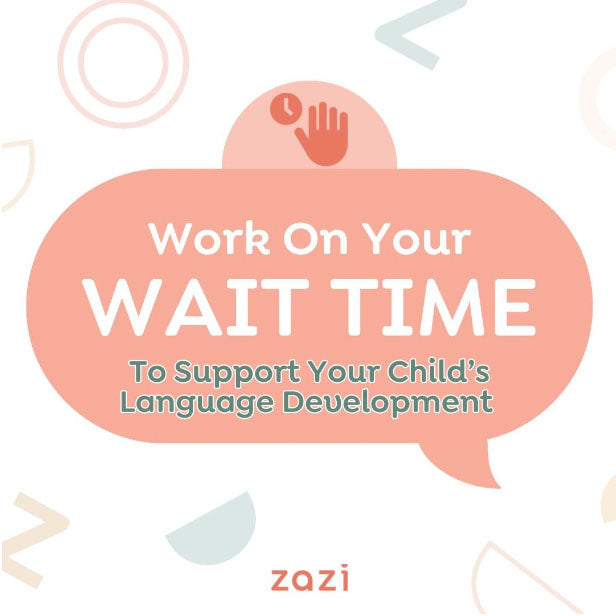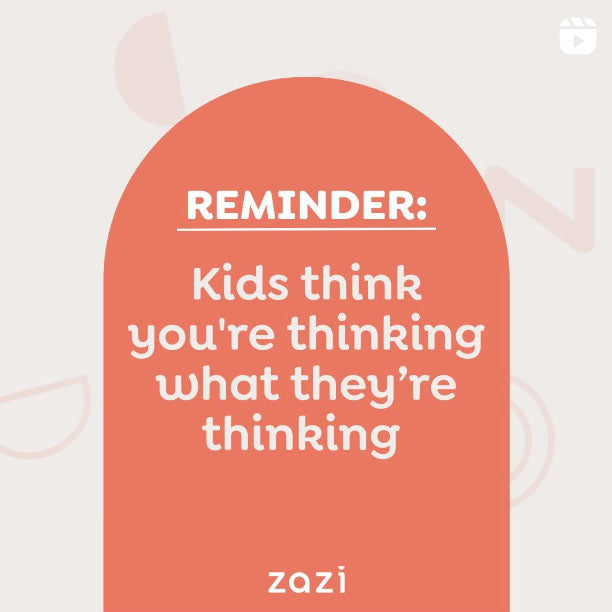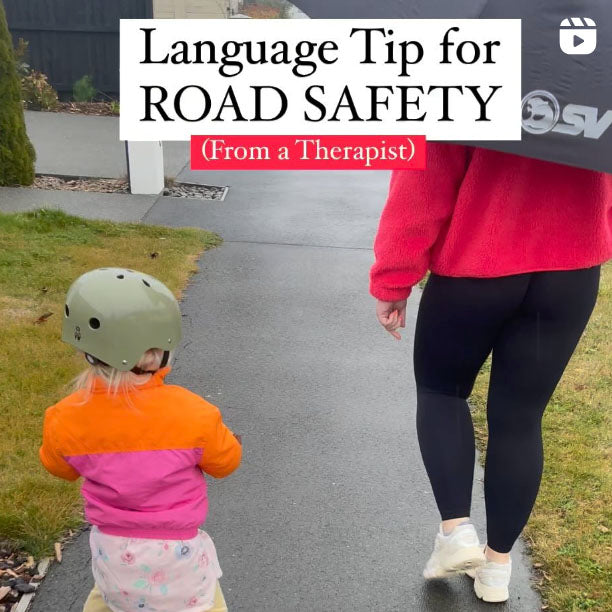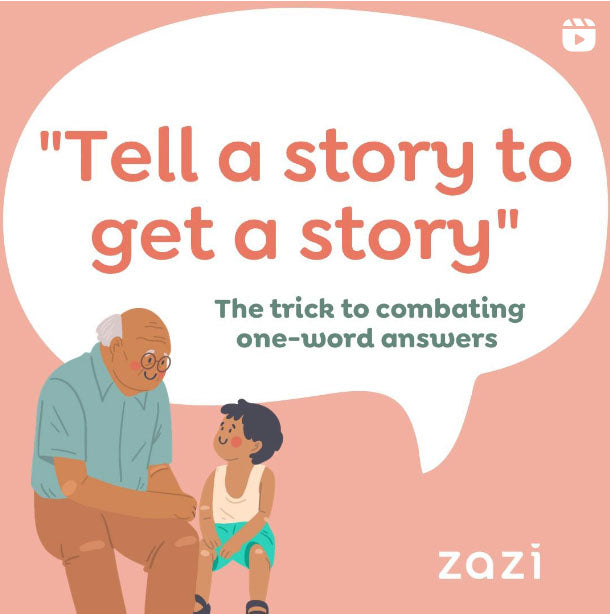Supporting Behaviour: What to say
It’s so simple - but changing up the way you pose questions to your little one can reduce frustration for the both of you. I posted about this in my stories this morning which I will save to my behaviour highlight if you want to hear me talk about it.
WHEN SHOULD I DO THIS?
If you have a toddler - you’ve likely heard a ‘no’ by now. If they’re not yet talking, you’ll have seen plenty ‘no’ in their body language. ‘No’ is fine - it’s your child’s way of being in control of their world and protecting themselves from a transition (move onto a new thing) when they’re happy and safe just as they are. This can increase dramatically when they’re tired, sick or already a bit frustrated.
WHY DOES IT WORK?
Well most of the time, there’s more than one option that you’ll be happy with e.g. “pasta or soup for tea?”, “do you want to put your shoes on yourself or for me to help you?”. If there are really no options, e.g. They need to bath, you could give some other options like “do you want to wash your arms first or your face?”
WHAT IF THEY SAY “NO” TO THE OPTIONS?
You are the expert on your child. Try and guess why they’re saying ‘no’. Is it because they don’t want to stop what they’re doing? Maybe they need more warning time. Is it because they’re scared/ unsure? Maybe you need to explain more. Is it because they’re tired/annoyed and even their favourite thing would be a ‘no’? Then it’s time to STOP offering choices. Sometimes choices can be stressful. We feel this as adults when we can’t decide what we want off a menu or when we can’t think of what groceries to buy or what to cook for dinner - sometimes it’s a weight-off if someone makes the decisions for you. If your child is DONE, gently make the decision and tell them what you’re going to do next, e.g. “we’re going to run the bath, you can help me tip the bubble bath in”.
LANGUAGE OPPORTUNITIES
Asking yes/no questions results in a child who’s good at saying yes and no. Offering choices gives your child more frequent opportunities to practice different words.
Do you offer options?
WHEN SHOULD I DO THIS?
If you have a toddler - you’ve likely heard a ‘no’ by now. If they’re not yet talking, you’ll have seen plenty ‘no’ in their body language. ‘No’ is fine - it’s your child’s way of being in control of their world and protecting themselves from a transition (move onto a new thing) when they’re happy and safe just as they are. This can increase dramatically when they’re tired, sick or already a bit frustrated.
WHY DOES IT WORK?
Well most of the time, there’s more than one option that you’ll be happy with e.g. “pasta or soup for tea?”, “do you want to put your shoes on yourself or for me to help you?”. If there are really no options, e.g. They need to bath, you could give some other options like “do you want to wash your arms first or your face?”
WHAT IF THEY SAY “NO” TO THE OPTIONS?
You are the expert on your child. Try and guess why they’re saying ‘no’. Is it because they don’t want to stop what they’re doing? Maybe they need more warning time. Is it because they’re scared/ unsure? Maybe you need to explain more. Is it because they’re tired/annoyed and even their favourite thing would be a ‘no’? Then it’s time to STOP offering choices. Sometimes choices can be stressful. We feel this as adults when we can’t decide what we want off a menu or when we can’t think of what groceries to buy or what to cook for dinner - sometimes it’s a weight-off if someone makes the decisions for you. If your child is DONE, gently make the decision and tell them what you’re going to do next, e.g. “we’re going to run the bath, you can help me tip the bubble bath in”.
LANGUAGE OPPORTUNITIES
Asking yes/no questions results in a child who’s good at saying yes and no. Offering choices gives your child more frequent opportunities to practice different words.
Do you offer options?




